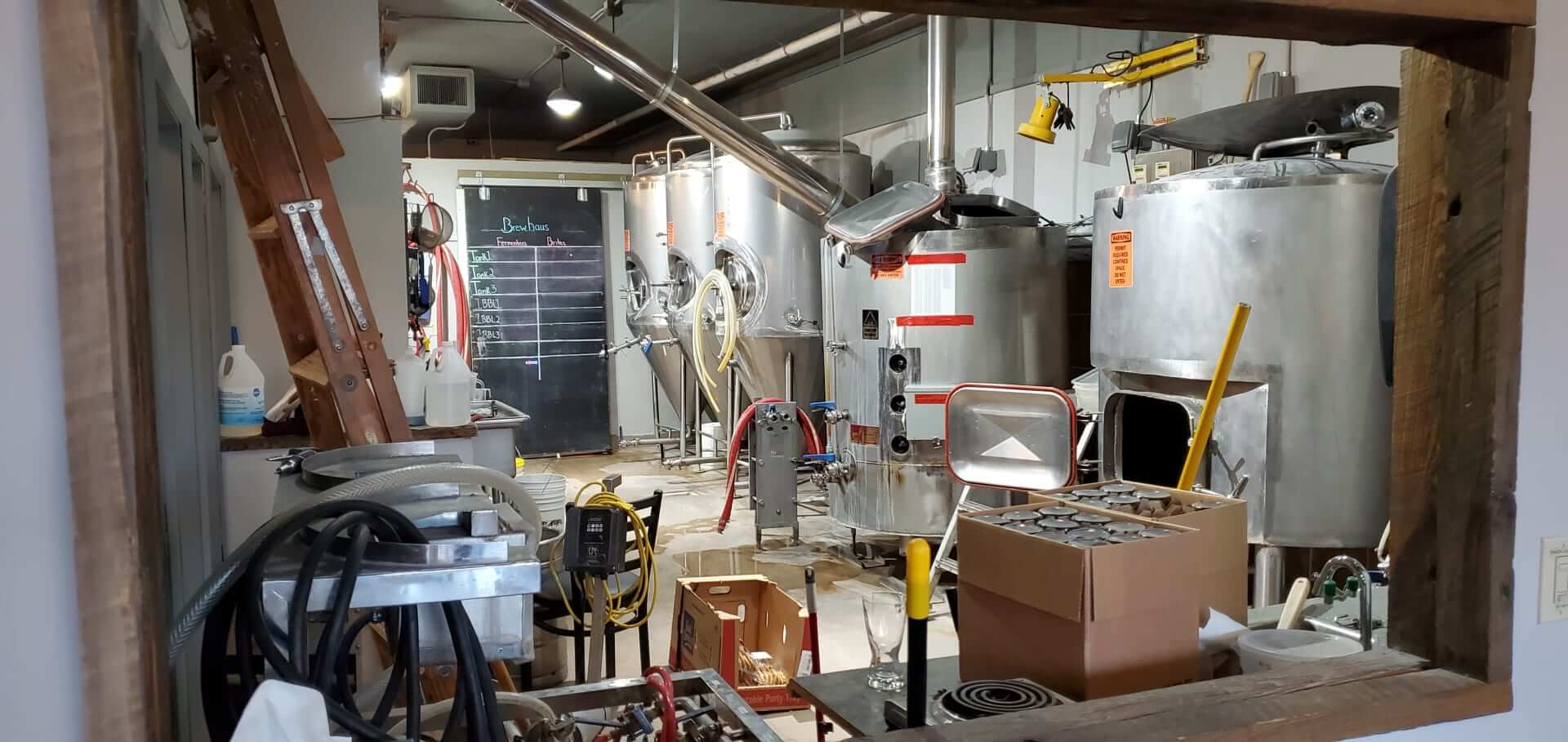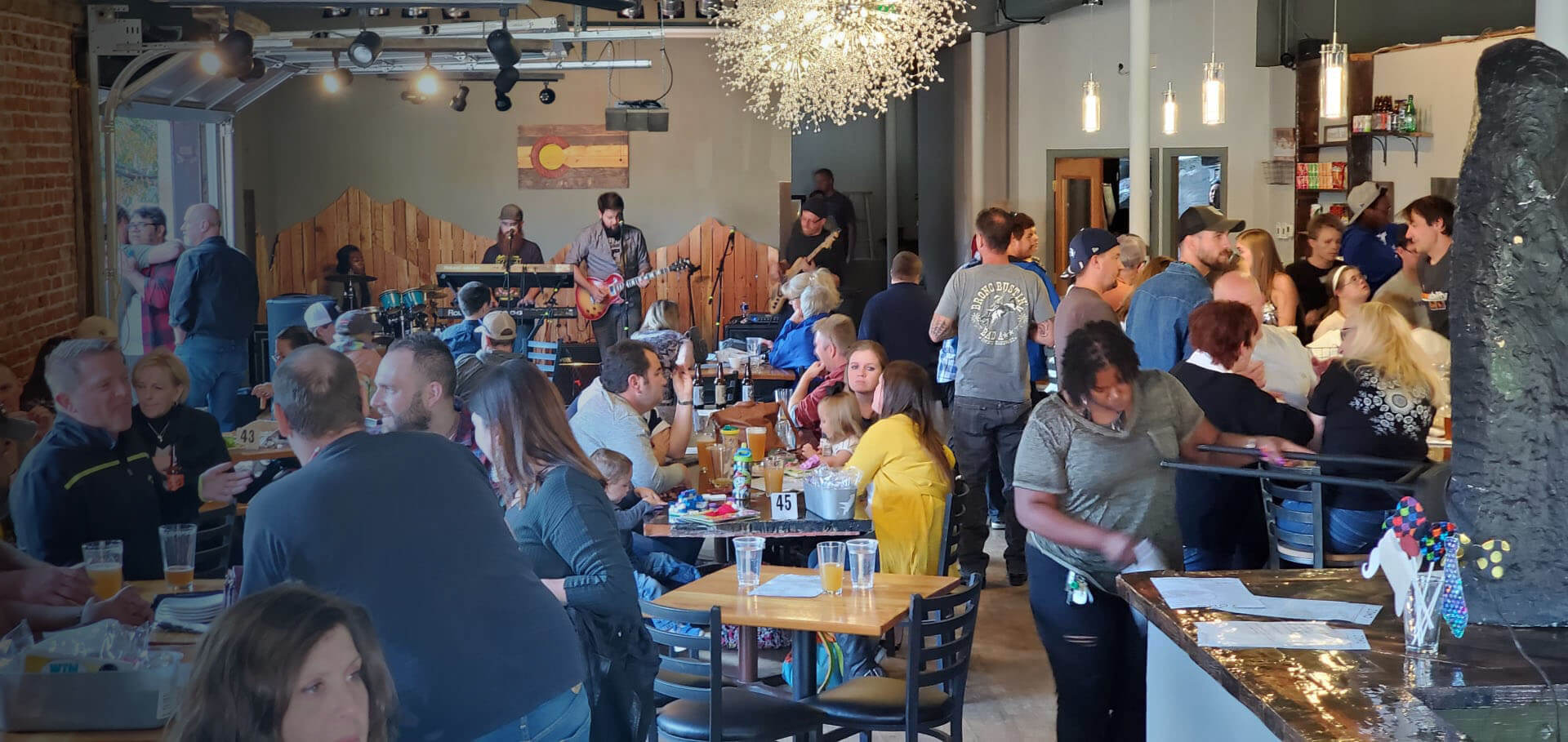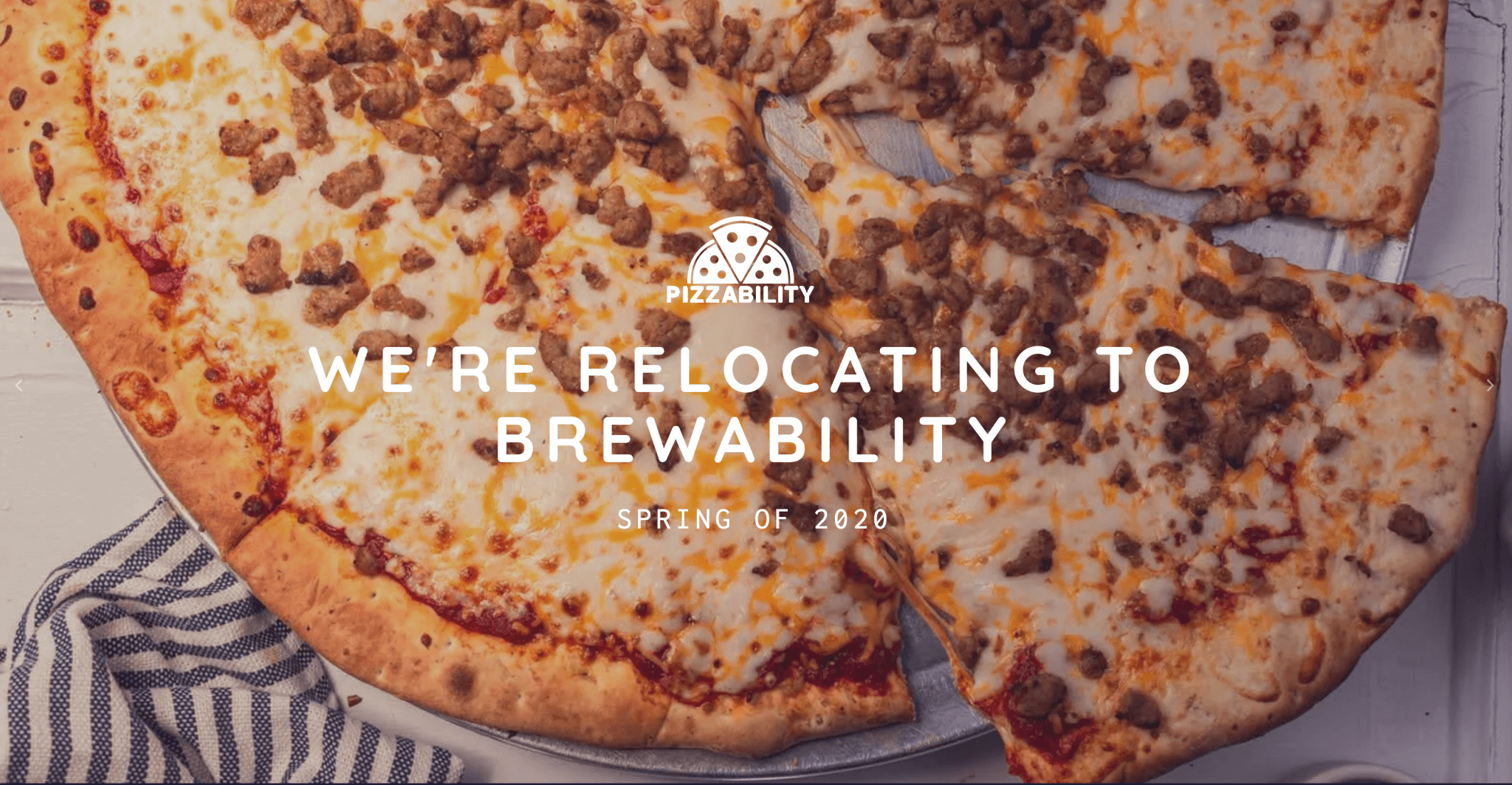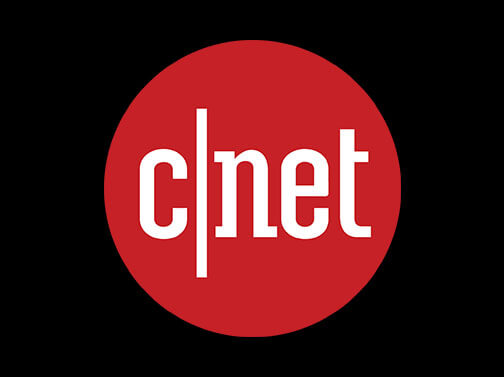Craft Brew Pub Thrives, Thanks To A Secret Ingredient: Workers With Disabilities
Craft Brew Pub Thrives, Thanks To A Secret Ingredient: Workers With Disabilities
Article By David Kelly | Los Angeles Times | Disability Scoop | January 28, 2020
ENGLEWOOD, Colo. — The word “normal” is often shunned as subjective and polarizing, but normal is all Wilber Wilson has ever wanted to be.
For him, normal means not having a speech impediment, not having developmental delay and not being called a “retard.”
Normal means pouring the perfect beer.

“Look at my baby,” said his mother, Lathan Wilson, watching a video of him on her phone.
He held a beer under a tap, poured, twisted and capped it off with a one-inch head.
“I never thought he could do that,” she said proudly. “When he works here, he feels normal.”
There’s nothing normal about Brewability, a craft beer pub in the Denver suburbs run almost entirely by people with disabilities. The bartenders have autism, Down syndrome and cerebral palsy. Some are blind, deaf or have traumatic brain injuries.
They play to their strengths. A nearly blind barman judges a full glass by weight. The step-by-step brewing process appeals to those with autism, who crave routine. A partly deaf young man turns out to be a great listener.
“Everyone who comes in has a very interesting story to tell,” said Tony Saponaro, 29, a bartender who wears two hearing aids.
Tiffany Fixter, 35, opened Brewability Lab in Denver in 2016 and a pizzeria two years later with the goal of fully integrating those with disabilities into the business. Society told them what they couldn’t do; she would show what they could.
But she quickly learned that old prejudices die hard, that mixing business and idealism can be expensive and being a pioneer can be very lonely.
Growing up in Lincoln, Neb., Fixter would often help kids with disabilities in her elementary school. She continued to volunteer with adults with autism throughout college. She later took a job as a special education teacher in a rough part of Kansas City, Mo., before moving to Denver to supervise an adult day program for those with mental and physical disabilities. Few of them worked. Those who did were often treated like children, good for bagging groceries or mopping floors but not for handling money or interacting with customers.
Fixter had an idea.
“I wanted to treat them like adults,” she said, “and what is more adult than beer?”
When her boss fired her for “lacking creativity,” she opened Brewability Lab. Fixter color-coded the beer taps. Customers were given a menu — “orange” was amber ale, “green” India Pale Ale. It was easier for employees who couldn’t read. Braille was added to the taps.
There was a “sensory break room” for the overstimulated. It had low lights, a weighted blanket and headphones that blocked out noise. Some employees with autism went in repeatedly.
Managers without disabilities kept them on task. Employees earned the state minimum wage for tipped employees, now $8.98 per hour. For a variety of reasons, including health issues, none of the staff with disabilities worked full time and most lived with family.
Fixter eventually moved the pub to nearby Englewood and renamed it Brewability. Her mother sold a bakery she owned to finance the purchase of the new building.

In December 2018, Fixter opened Pizzability in Denver’s well-heeled Cherry Creek neighborhood. She staffed it with new employees and pub workers.
On a recent December day, an employee with Down syndrome took an order for a pepperoni pizza. She looked at hanging pictures of the pizzas available and followed step-by-step directions. She flattened the dough, ladled on sauce and carefully parceled out the toppings. When it was ready, a smiling worker with autism carefully made change for the customer.
“I have been in high-class restaurants where people aren’t this friendly,” said Lou Winne, 66, who was having lunch. “Maybe they need a little more help than others, but I think they can do whatever they put their mind to.”
Still, business was anemic. Fixter had gone door to door handing out free pizza and giving away coupons. She explained her philosophy of employing people with disabilities to the high-end jewelry shops, restaurants and specialty retailers surrounding her. Nothing worked.
Then there was social media.
“People said some mean and hateful things,” Fixter said. “They didn’t want to see people in wheelchairs. They told us we should hire models and put the special needs people in back.”
Local television reported on the comments, triggering a rush by those eager to show their support. Lines went out the door. The wait for pizza could take four hours. Two weeks later, though, business returned to normal.
“People would come in and take selfies, then turn around and leave,” Fixter said.
She had sunk her savings into Pizzability, to no avail. The place was hemorrhaging cash.
“I just missed the mark,” she said. “We don’t fit in here.”
Pizzability closed on Dec. 14 and moved to Brewability.

© 2020 Los Angeles Times
Distributed by Tribune Content Agency, LLC
You may also be interested in...
Get Your FREE Quote Today!
Suggested Videos
MSNBC.
Digitability's CEO featured for company's innovation and impact in autism education. Learn More
New York Assembly Legislation Package Passed
The New York State Assembly passed a legislative package to support anti-discrimination protections for New Yorkers with disabilities.
TD Bank Earns ‘Best Place to Work’ Honor in 2019 DEI
TD Bank has been recognized with the top score of 100 percent for the fifth consecutive year on the 2019 Disability Equality Index® (DEI).
Cartoon Network
Cartoon Network will team up with an organization called Exceptional Minds to mentor individuals with autism. Learn More
CNET.
Digitability featured for increasing employment opportunities. Learn More
Subminimum Wage Ends
Federal lawmakers have approved legislation that would end a practice allowing employers to pay people with disabilities less than minimum wage. Learn More
Free Demo for Administrators
Improve transition outcomes for all students with Digitability.






